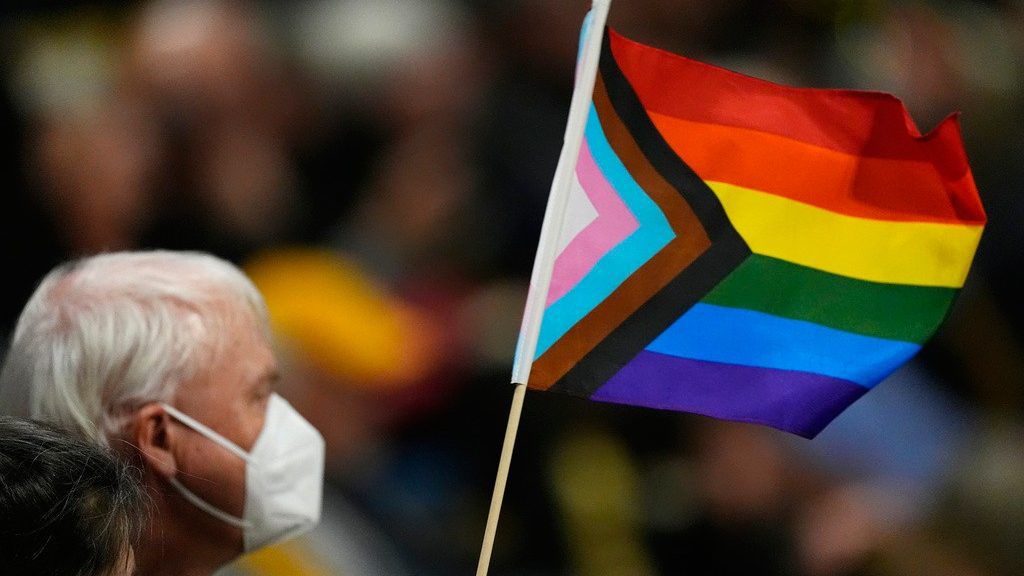Entertainment
LGBTQ characters have less representation on TV, GLAAD study says

LGBTQ characters have less representation on TV, according to the newest “Where We Are on TV” study from the nonprofit media monitoring organization, GLAAD.
During the 2023-24 television season, the percentage of gay, lesbian, bisexual, transsexual and queer series regulars on broadcast, cable and streaming platforms decreased compared with the previous season. More than a third will not be returning in 2024-25.
The study “found a number of concerning decreases across the board in the past two years, alongside a changing industry on all fronts which is seeing vertical integration and contracting budgets and staff,” GLAAD Senior Director of Entertainment Research and Analysis Megan Townsend said in a statement.
The study counted 77 LGBTQ characters on primetime scripted cable shows in the 2023-24 TV season— 62 fewer than the last study. It also counted 327 LGBTQ characters on streaming scripted original programming — 29 fewer compared with the prior season.
Of the 468 LGBTQ characters counted across broadcast, cable and streaming platforms, 5.1% were transgender and 50% were characters of color. More than a third (36%) of LGBTQ characters will not be returning because of a series cancellation or ending, a show’s miniseries or anthology format or a character dying or otherwise exiting the show.
GLAAD noted that LGBTQ-inclusive series including “The Last of Us,” “The Umbrella Academy,” “Yellowjackets,” “Euphoria” and “Harlem” were delayed by last year’s actors and writers strikes and are set to return. The decrease in LGBTQ representation in the 2023-24 season was largely driven by show cancelations that preceded the SAG-AFTRA and WGA strikes, the study said.
GLAAD cited a report from the media research firm MRI-Simmons that found LGBTQ inclusion in entertainment is important for more than two in five American adults. The public relations firm WPP has also found that a majority of LGBTQ and non-LGBTQ 18- to 24-year-olds seek out queer-inclusive programming.
GLAAD is calling on studios, networks and streaming services to develop more LGBTQ programming that “includes multiple season orders, prompt renewals and a sustained investment in inclusive storytelling through meaningful marketing, promotion and production budgets given to new and returning titles,” Townsend said.










